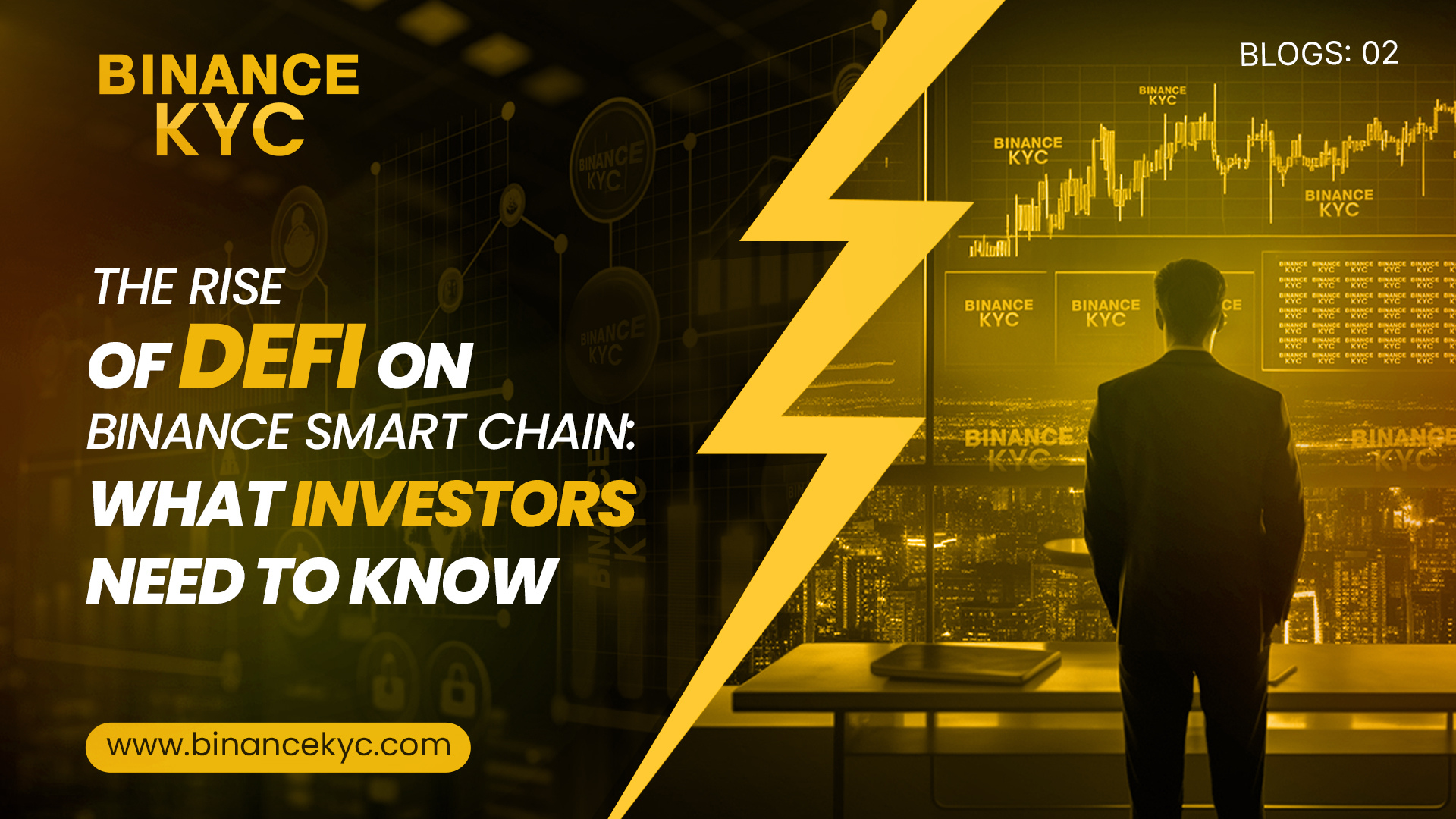November 7, 2024
The Role of AML Compliance in Blockchain Projects
As blockchain technology continues to disrupt traditional financial systems, it brings both opportunities and challenges. One of the critical challenges is ensuring compliance with Anti-Money Laundering (AML) regulations. For blockchain projects, particularly those operating on platforms like Binance Smart Chain, integrating AML compliance is essential for building trust, preventing illicit activities, and fostering broader adoption. Here’s an in-depth look at the role of AML compliance in blockchain projects and why it matters.
1. Understanding AML Compliance
AML compliance involves a set of laws, regulations, and procedures aimed at preventing criminals from disguising illegally obtained funds as legitimate income. In the context of blockchain, AML measures are designed to:
- Detect and prevent money laundering activities.
- Identify and report suspicious transactions.
- Ensure transparency in financial operations.
By adhering to AML regulations, blockchain projects can demonstrate their commitment to ethical practices and legal requirements.
2. Why AML Compliance is Crucial for Blockchain Projects
a. Enhancing Credibility and Trust
Implementing AML measures helps blockchain projects gain credibility among investors, regulators, and the general public. It shows that the project is serious about preventing illegal activities and complying with global financial standards.
b. Attracting Institutional Investment
Institutional investors are more likely to invest in projects that adhere to AML regulations, as this reduces legal risks and aligns with their compliance policies. AML-compliant projects can access a broader pool of investment capital.
c. Facilitating Global Expansion
Compliance with AML laws is often a prerequisite for operating in different jurisdictions. By integrating AML practices, blockchain projects can expand their services globally without facing legal obstacles.
3. Implementing AML Compliance in Blockchain Projects
a. Know Your Customer (KYC) Procedures
KYC is a critical component of AML compliance. It involves verifying the identity of users to prevent anonymity that could facilitate money laundering.
- Identity Verification: Collecting information like name, address, and government-issued ID.
- Risk Assessment: Evaluating the risk level of customers based on their profiles.
b. Transaction Monitoring
Continuous monitoring of transactions helps detect unusual or suspicious activities.
- Automated Systems: Utilizing software to flag transactions that deviate from normal patterns.
- Reporting Mechanisms: Establishing protocols for reporting suspicious activities to relevant authorities.
c. Employee Training and Awareness
Educating team members about AML regulations ensures that everyone understands their responsibilities.
- Regular Training Sessions: Keeping staff updated on the latest AML laws and best practices.
- Clear Policies: Documenting procedures and guidelines for compliance.
4. Challenges in AML Compliance
a. Balancing Privacy and Compliance
Blockchain projects often prioritize user privacy, which can conflict with the transparency required for AML compliance.
- Solution: Implementing privacy-preserving technologies like zero-knowledge proofs to verify information without revealing sensitive data.
b. Regulatory Complexity
AML regulations vary across jurisdictions, making compliance a complex task for global projects.
- Solution: Working with legal experts to understand and comply with the regulations in each operating region.
c. Technical Limitations
Integrating AML measures can be technically challenging, especially for decentralized platforms.
- Solution: Leveraging specialized compliance tools and partnering with AML solution providers.
5. The Future of AML Compliance in Blockchain
As regulations evolve, AML compliance will become increasingly important for blockchain projects.
- Regulatory Developments: Governments are likely to introduce more stringent AML laws for cryptocurrencies.
- Technological Advancements: Emerging technologies will offer new ways to enhance compliance without compromising decentralization.
- Industry Collaboration: Collaboration between regulators, blockchain projects, and compliance experts will shape the future landscape.
Conclusion
AML compliance is not just a legal obligation but a strategic imperative for blockchain projects aiming for long-term success. By proactively implementing AML measures, projects can build trust, attract investment, and operate seamlessly across different jurisdictions. As the blockchain industry matures, integrating robust AML practices will be a defining factor in distinguishing reputable projects from the rest.



